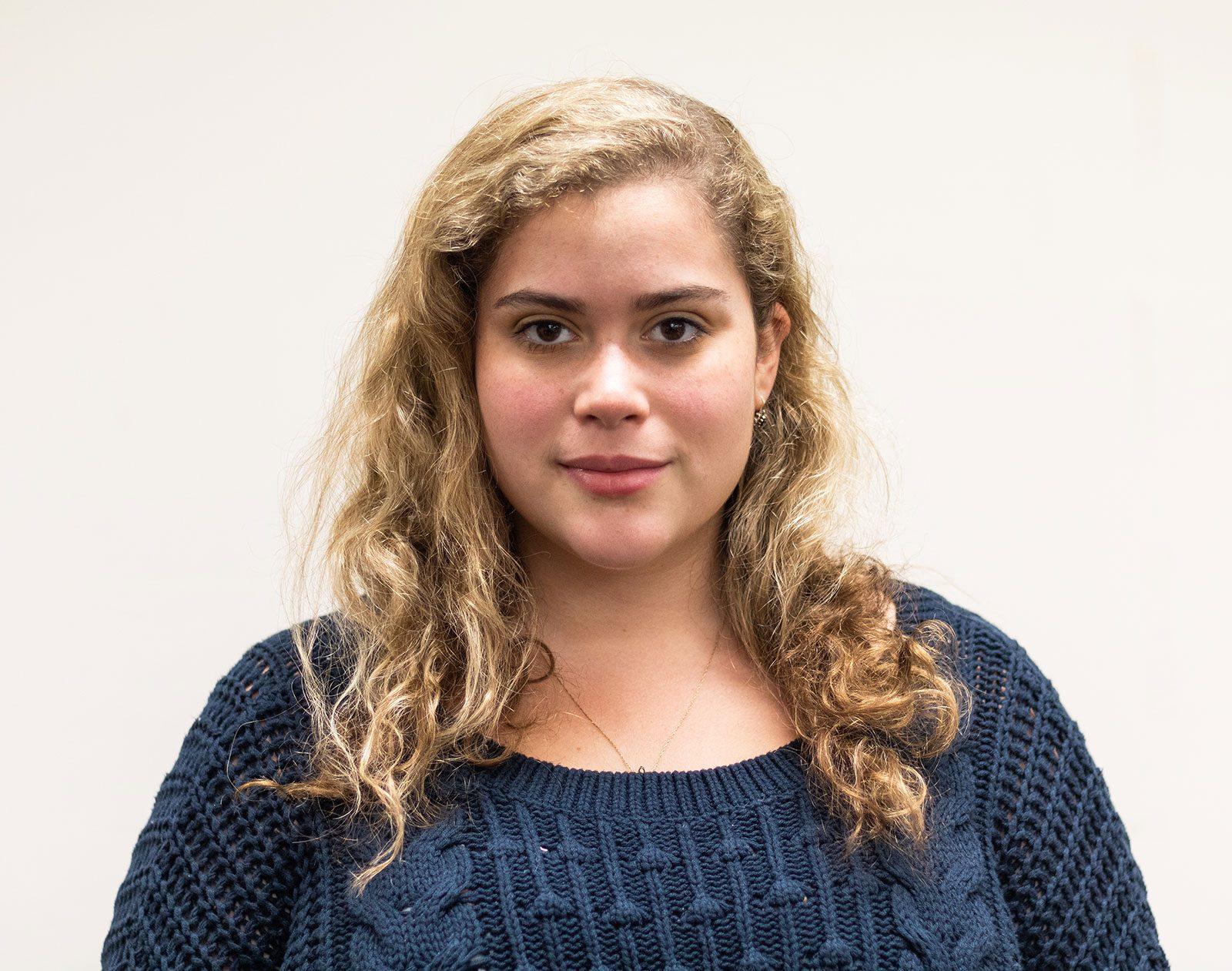The college application process is stressful. That is something that a lot of us are familiar with.
In 2018, there were 14.5 million college students in the U.S. enrolled in public colleges and 5.1 million students enrolled in private colleges, according to Statista. Logically, there are more applicants than there are students enrolled. These numbers are to give you some sense of just how many students apply to American colleges.
There are 2.9 million first generation immigrant children in the U.S., according to Child Trends. The AACU reported that they make up 20 percent of all U.S. college students and 24 percent of community college students.
Many students’ parents have undergone the college application process themselves. However, this perk doesn’t apply to the children of immigrants. I had no clue what I was doing when I applied to colleges. I had the privilege of attending a private international preparatory school in Houston, Texas for high school. In that way, I had an advantage in the application process.
My grade had approximately 120 students and we had four college counselors. This is, of course, a big difference from public high schools which on average have three college counselors serving an average of 436 students, according to the National Association for College Admission Counseling.
Even with all of the support I received, the application process was still very daunting. I had no idea where to start, what to write about or even where to apply. Usually, these are all questions parents can help out with. Parents also provide a lot of information to fill out the common application. However, if they do not speak English, the already difficult process becomes even more arduous.
Parents could also review their children’s essays or confer onto them legacy status. Immigrant parents, most of the time, cannot contribute either of these. Immigrant and international students are at a disadvantage. The Free Application for Federal Student Aid is another part of the application. Although it is offered in other languages, students of immigrant parents often find themselves filling out this application without their parents’ help.
I was the first one in my family to study outside of Mexico. That made me the guinea pig for my family. I applied to 20 different schools and took the ACT six times. Of course, this was a lot of extra work for me during my senior year. This was because of uncertainty.
We did not understand the system. It is different from the one in Mexico. Therefore, my parents and I had no clue which university would grant me an acceptance. The three of us were extremely anxious and not knowledgeable throughout the whole process.
When parents have had the American college experience, they can also weigh into the final college decision process. They generally know college dynamics and they know their child. Therefore, they could provide insight on whether or not a given college would be a good fit for their children.
Now that I have gone through the process and understand the college game a little bit better, it has become my responsibility to help my brother. He is a junior in high school and has started his own college application process. He calls me and asks me for advice. It’s my turn to help him with college essays, from start to finish.
I do this gladly as an older sibling, with the desire to see my brother succeed. However, as a full time college student, it can sometimes be hard to balance helping him with my own assignments.
Regardless of my parents’ lack of knowledge about the American college application process, they were extremely supportive.
They contributed to my success in the ways they could, and I could see both their frustration and eagerness to learn. I am eternally grateful to them. Even though their help was limited, all their other help in instilling values and morals led to my acceptance to Boston University.




















































































































